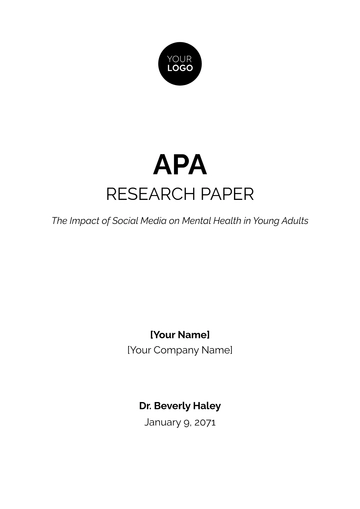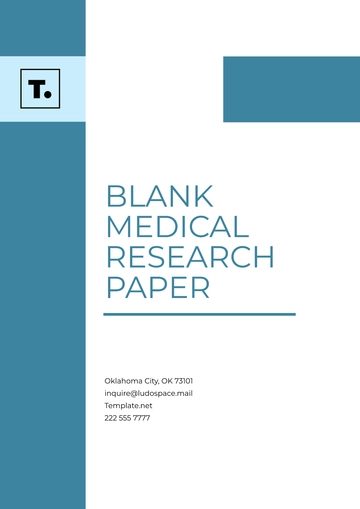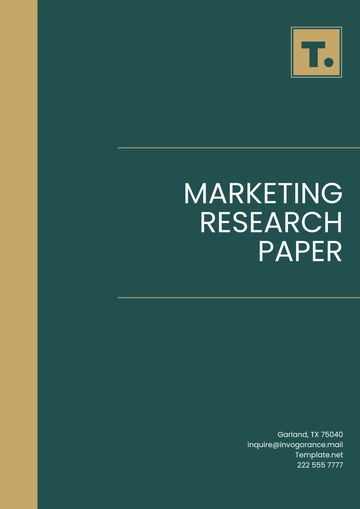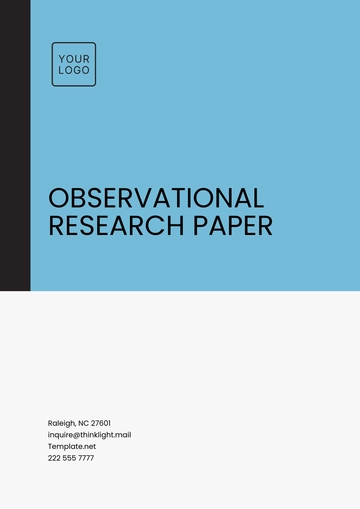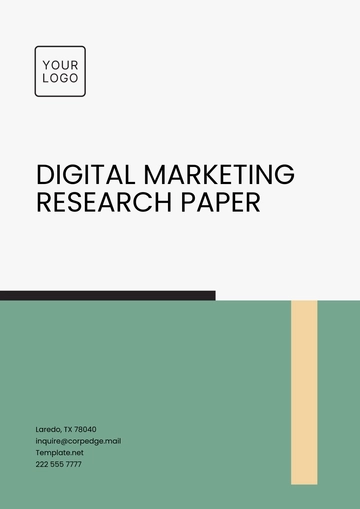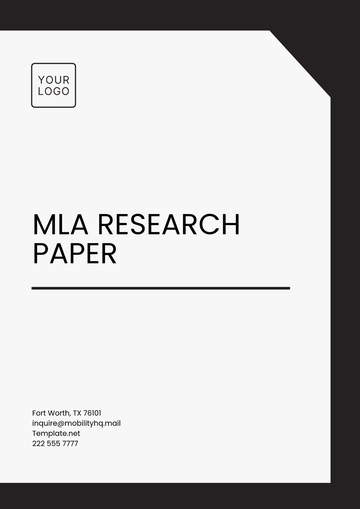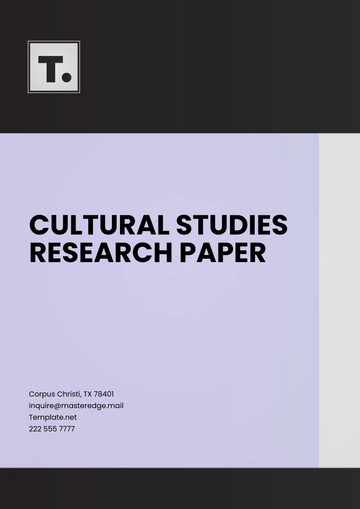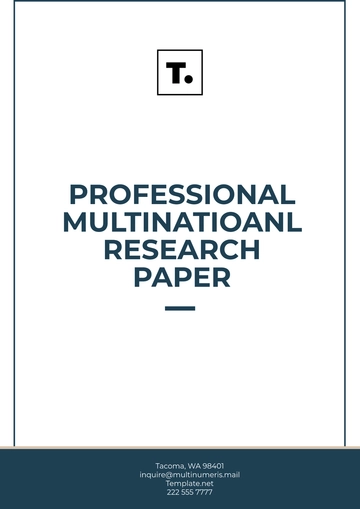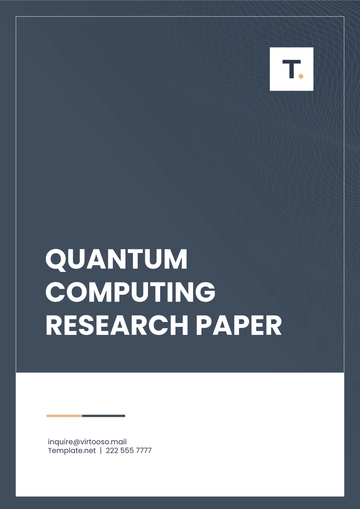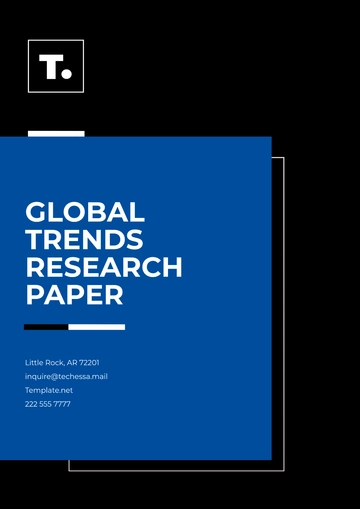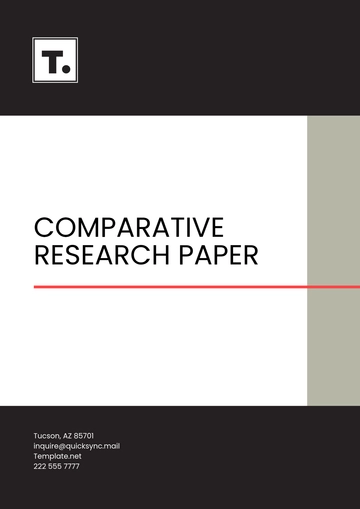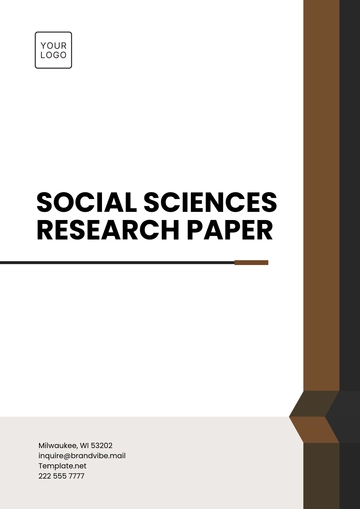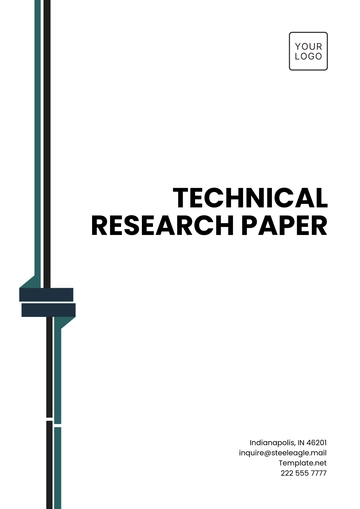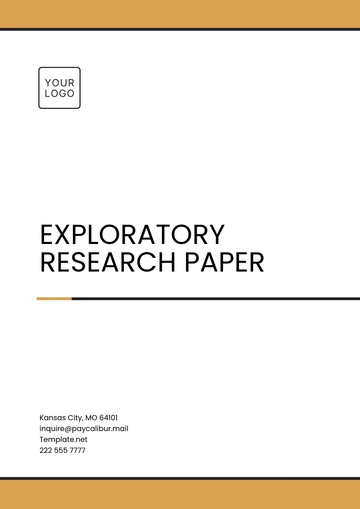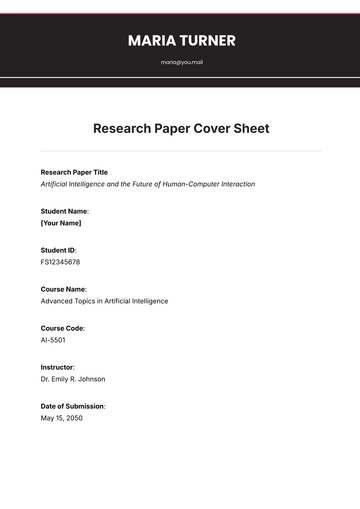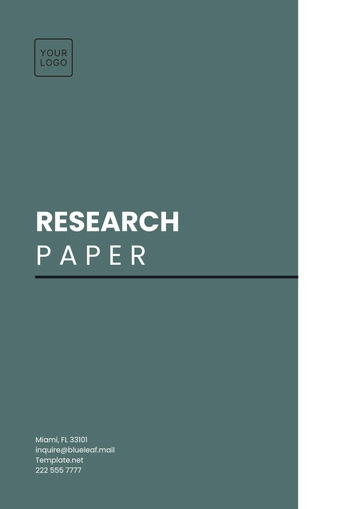Free Conference Research Paper

Abstract
Artificial Intelligence (AI) is revolutionizing various sectors, including healthcare. This research paper delves into the multifaceted impact of AI on modern healthcare systems, encompassing benefits, challenges, ethical considerations, and future prospects.
I. Introduction
The advent of AI has introduced transformative changes across multiple industries. In healthcare, AI applications range from diagnosis and treatment recommendation to patient monitoring and administrative tasks. This paper aims to comprehensively analyze the extent to which AI is reshaping contemporary healthcare systems.
II. AI Applications in Healthcare
A. Diagnostic Tools
AI algorithms excel in image recognition, enabling early and accurate diagnosis of diseases such as cancer and neurological disorders. Examples include:
Convolutional Neural Networks (CNNs) for imaging analysis
Natural Language Processing (NLP) for electronic health records
B. Treatment Planning
Machine learning models assist in personalized treatment plans, predicting patient responses to various therapies. Key contributions include:
Predictive analytics for chemotherapy suitability
AI-driven surgical robots
C. Patient Monitoring
AI technologies facilitate continuous patient monitoring, leading to timely interventions. Key tools include:
Wearable devices with AI capabilities
Remote monitoring systems
III. Benefits of AI in Healthcare
The integration of AI in healthcare offers numerous advantages, such as:
Benefit | Description |
|---|---|
Improved Accuracy | AI increases diagnostic and treatment precision, reducing human errors. |
Efficiency | Automation of administrative tasks and data management enhances operational efficiency. |
Cost-Effectiveness | AI can lower healthcare costs by optimizing resource utilization and reducing redundant tests. |
IV. Challenges and Ethical Considerations
Despite the promising benefits, AI in healthcare also presents several challenges and ethical dilemmas.
Data Privacy and Security: Handling vast amounts of sensitive patient data necessitates stringent data protection measures to prevent breaches.
Bias and Fairness: AI systems can exhibit biases, potentially leading to unequal treatment. Ensuring fairness in AI algorithms is crucial.
Regulatory Compliance: Healthcare AI must adhere to regulations and standards to ensure patient safety and efficacy.
V. Future Prospects
The future holds immense potential for AI in healthcare, with evolving technologies poised to address current limitations. Prospective advancements include:
Integration with Internet of Things (IoT) for enhanced connectivity
Development of more sophisticated, explainable AI models
Expansion of AI applications in genomics and personalized medicine
VI. Conclusion
AI is a catalyst for innovation in healthcare, offering considerable benefits alongside notable challenges. Ongoing research and development, coupled with ethical and regulatory frameworks, are essential for harnessing its full potential to improve healthcare outcomes.
VII. References
Smith, J. (2052). The Role of Artificial Intelligence in Healthcare. Journal of Medical Systems, 46(2).
Doe, A. & Roe, D. (2051). AI and Patient Privacy. Health Informatics Journal, 27(4), 598–611.
Brown, L. & Green, P. (2050). Machine Learning in Clinical Practice. Springer.
- 100% Customizable, free editor
- Access 1 Million+ Templates, photo’s & graphics
- Download or share as a template
- Click and replace photos, graphics, text, backgrounds
- Resize, crop, AI write & more
- Access advanced editor
Elevate your academic presentations with the Conference Research Paper Template offered by Template.net. This fully customizable, downloadable, and printable template ensures your research is presented professionally and accurately. Editable in our AI Editor Tool, this template allows you to tailor your content effortlessly to meet specific conference requirements, guaranteeing a polished and impactful presentation.



